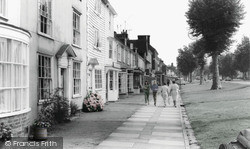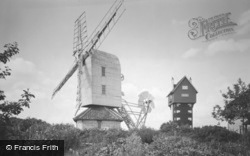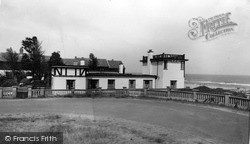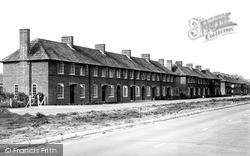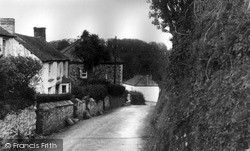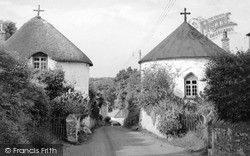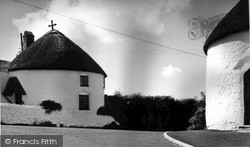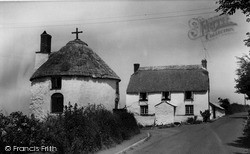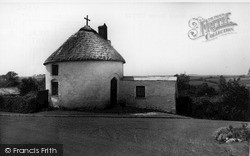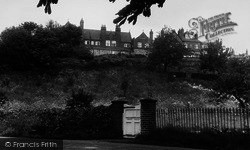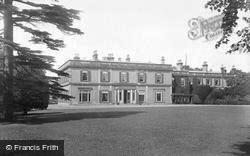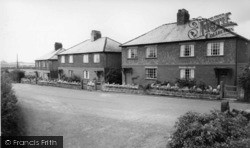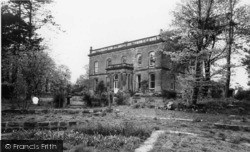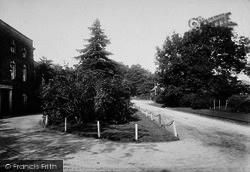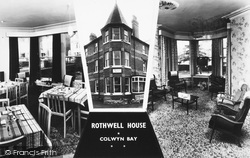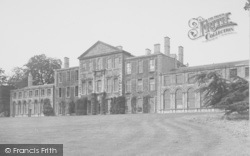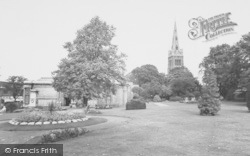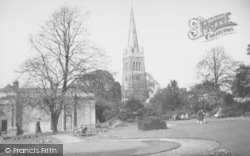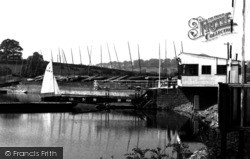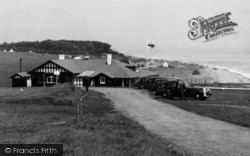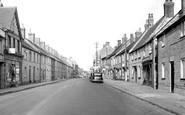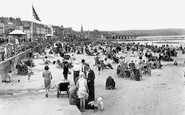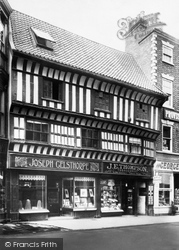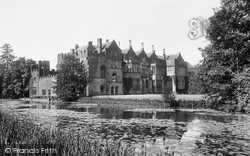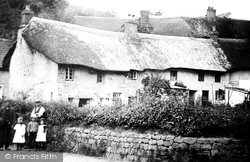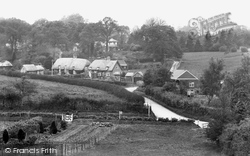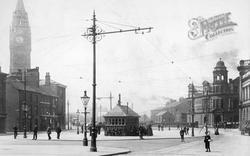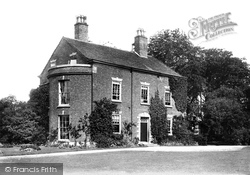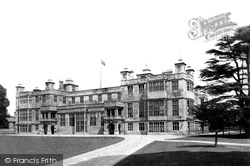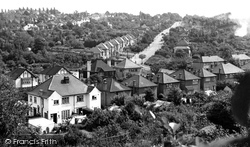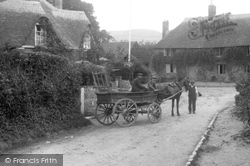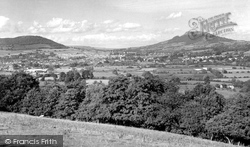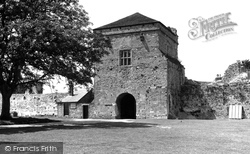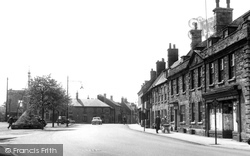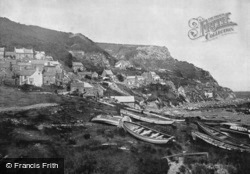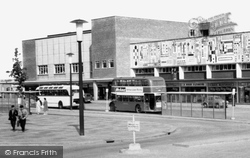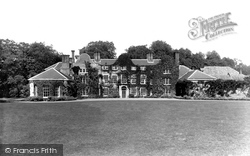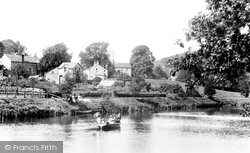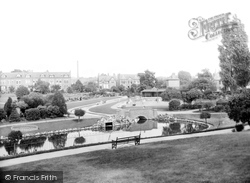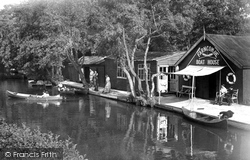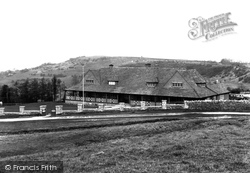Places
36 places found.
Those places high-lighted have photos. All locations may have maps, books and memories.
- Chatsworth House, Derbyshire
- Osborne House, Isle of Wight
- Brambletye House, Sussex
- Ickworth House, Suffolk
- Kingston Lacy House, Dorset
- Boscobel House, Shropshire
- Preshute House, Wiltshire
- Bolton Houses, Lancashire
- Brick Houses, Yorkshire
- Quaking Houses, Durham
- Water Houses, Yorkshire
- Bottom House, Staffordshire
- New House, Kent
- Mite Houses, Cumbria
- Lyneham House, Devon
- Church Houses, Yorkshire
- Dye House, Northumberland
- Spittal Houses, Yorkshire
- Street Houses, Yorkshire
- Tow House, Northumberland
- Halfway House, Shropshire
- Halfway Houses, Kent
- High Houses, Essex
- Flush House, Yorkshire
- White House, Suffolk
- Wood House, Lancashire
- Bank Houses, Lancashire
- Lower House, Cheshire
- Marsh Houses, Lancashire
- Chapel House, Lancashire
- Close House, Durham
- Guard House, Yorkshire
- Hundle Houses, Lincolnshire
- Hundred House, Powys
- Thorley Houses, Hertfordshire
- School House, Dorset
Photos
7,776 photos found. Showing results 2,021 to 2,040.
Maps
370 maps found.
Books
1 books found. Showing results 2,425 to 1.
Memories
10,360 memories found. Showing results 1,011 to 1,020.
Birtle Street
It would be great to hear from anybody who was around Dalton Street , Worth Street, Danzic Street, or who went to the Rex picture house, played on Barnies, Bobs Hill, went in Jock Stobbers, lads that had ther hair cut at Harry's and ...Read more
A memory of Collyhurst by
An Evacuee During Ww11
Packed off to Lostwithiel in the train from Paddington and found myself living in the Black Prince's Castle - Restormal. Well not quite, the farm on the Estate. I was baptised in St Winnow C.of E Church as part of our ...Read more
A memory of Lostwithiel in 1930 by
South Street
My dad was stationed at no 1 South Street (old police house) in the year I was born, he was a PC. Then I believe we moved to 1 Almshouse Lane. My mum died in 1952,leaving behind my young sister and me and my dad. Dad eventually hired a ...Read more
A memory of Ilchester in 1947 by
My Mothers Memories Of Brambridge
My mother's aunt, my great-aunt Annie was the house keeper at Brambridge during the 1920s. My great-uncle Ernest, great-aunt Annie's brother, was the chauffeur and responsible for the running and maintenance ...Read more
A memory of Colden Common in 1920 by
Living Opposite The Catholic Church In Somerton
I lived opposite the Catholic church from 1949 untill 1970 when I joined the army. I was friends then with Bridget Cox and Eileen White. We went to Sunday school at the Congregational church for years. ...Read more
A memory of Somerton in 1960 by
Station Road, Nantymoel
My husband and I decided to visit Nantymoel after trying to do some family tree research. We knew my husband's grandfather Dr Melbourne Thomas was born there and we knew where on Station Road he'd lived with his dad Gwilym, ...Read more
A memory of Nant-y-moel
Childhood Memories
As a family we would holiday in Weymourth every year from about 1958-1963. We used to stay in a bed and breakfast owned by a Mrs Walkadine. As I was so young my memories revolve around the wonderful beach, the donkeys and egg ...Read more
A memory of Weymouth
Digmoor Cottage Hospital Circa 1911
Looking at the 1911 Census, I note that my house - 39 Spencers Lane, Digmoor - is listed as being the Cottage Hospital with a Mr. Wilson, a widower, as caretaker. Does anybody have any information about its ...Read more
A memory of Upholland Sta by
Webbs Brewery Six Bells Colliery
I grew up in Aberbeeg as Pat Howells. Everyone knew the Howells as my dad, Doug, was one of 8 children. My uncle worked in the brewery for many years and I grew up in Woodland Terrace and had to pass the brewery at ...Read more
A memory of Aberbeeg by
Childhood
Funny how seeing Memories of Kingstanding title, it brought back so many thoughts of living there in childhood to my 20s. The Geman plane that dropped its bomb on a house in Hurlingham Road, hiding under stairs at school as the planes ...Read more
A memory of Kingstanding by
Your search returned a large number of results. Please try to refine your search further.
Captions
6,977 captions found. Showing results 2,425 to 2,448.
This famous 16th-century, timber-framed house with its three jettied or projecting storeys, was the residence of Sir Richard Willis, the Royalist governor during the Civil War.
This castle was originally a fortified manor house built by Sir John de Broughton in 1306; battlements and a gatehouse were added by William de Wykeham in 1405.
The photographer appears to be quite the centre of attraction as the ladies from the left-hand house peer over the hedge.
In narrow alleys leading down to the river, similar to the one depicted here, there was an abundance of small taverns and public houses catering for the working man.
The small mill, the miller's house and the allotment behind make a nice group.
In the distance we can just see the house called Norton Bavant behind the thatched cottages. They front onto Wellhouse Road, and even have thatched outbuildings.
The Manor House can be seen to the right. The centre of the town is starting to look spacious and elegant.
This double fronted Georgian house exudes all the comfortable status that the Established Church could expect at the time it was built in the late Georgian times.
He ruined himself by spending public funds on the house - hardly surprising, since the bill came to £190,000. It cost £500 alone to obtain the preliminary designs from Italy.
The backs of the houses in Chaldon Way near the turning with Bradmore Way are viewed here from the footpath along the line of magnificent yews on the eastern slopes of Farthing Down.
This is the junction with Mill Lane (left of centre) beside Roadstead House (right). Seahill Lane bends to the right, towards Seatown.
The church, castle and market hall, the historic heart of the town, remain at the centre, but more modern housing fans out from it in this scene.
Other finds at Wallington House, Wicor Shore and Portchester Harbour have been dated from the Mesolithic period (10,000 BC to 4,000 BC), while flint and stone artefacts from Titchfield and Wallington
On the right is a fine Georgian house, once a shop owned by Horsley Ltd. Today the premises sells motorcycles.
The older houses of this charming little village, like many others on this coast, are built hanging precariously onto a cliff. The villagers once relied almost solely on fishing.
The house in the clouds conceals a water storage tank. It is now conserved and open to visitors.
Blenheim House contained the Locarno (later Tiffany's Ballroom), where the resident group in the early 1960s were the pre-fame Dave Clark Five.
Many a stranded traveller has had cause to thank The Warren House Inn at Postbridge.
Earlham Hall is a complex 16th- and 17th-century house in brick and flint, with early 18th-century shaped gables. It is now the School of Law of the University of East Anglia.
The church houses an 11th-century font and some fragments of Anglo-Saxon sculpture. At the oar of the boat is a woman - quite adventurous for 1900.
It was created on the site of an 18th-century house with 18 acres of private parkland by Barbourne Brook.
The Godalming Navigation, the extension of the Wey Navigation added in 1760-2, can be explored from Farncombe Boat House either by boat or by walking along the agreeable towpath.
The club house we see here opened in 1938.
The Warren House Inn, at over 1400 feet above sea level, has the distinction of being the highest pub in Devon and one of the highest in the country.
Places (80)
Photos (7776)
Memories (10360)
Books (1)
Maps (370)




